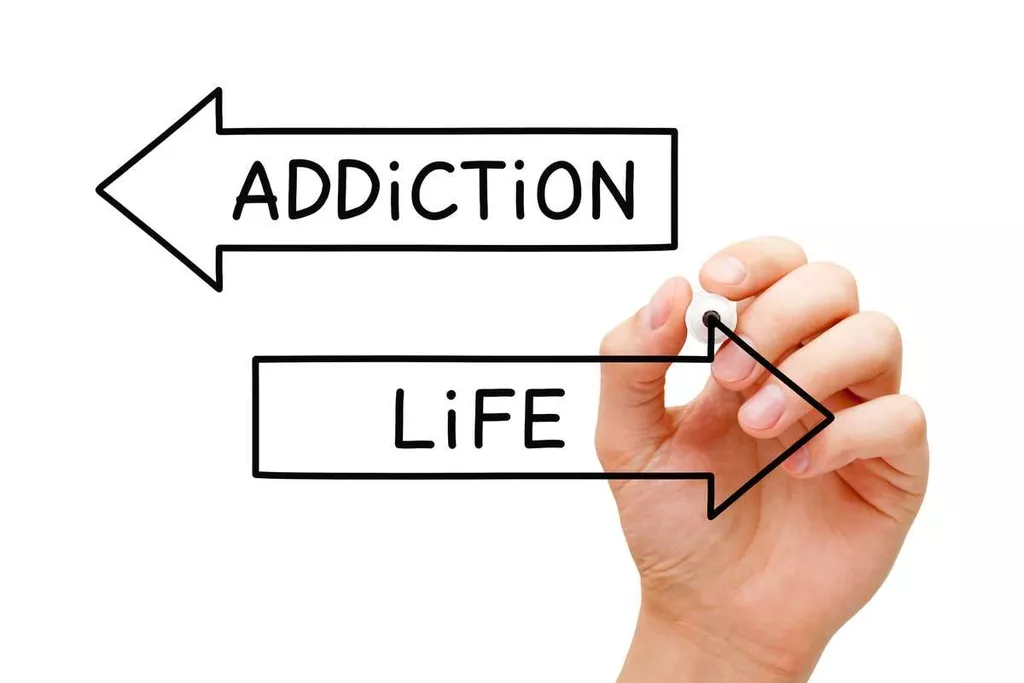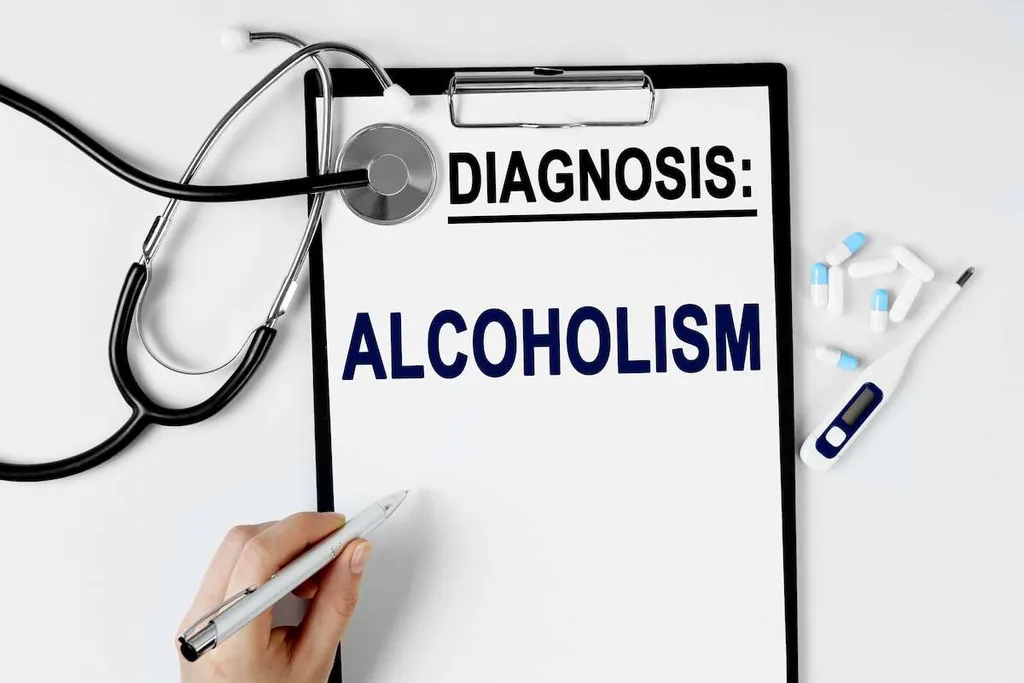
However, for most people, a commitment of two to five years is necessary to truly break the habit and solidify change. It won’t just be a case of halting the destructive behavior; change will be apparent in multiple aspects of their lifestyle. Self-care and self-understanding are both present in this treatment stage, but counseling is required to keep them on the right path.
- Centrally located near Independence Boulevard, Gateway Chicago Independence helps patients with substance use disorders.
- Meet Tom, a former high-functioning alcoholic whose story challenges the stereotypical image of an addict.
- These early successes build a sense of accomplishment and can reinforce your commitment.
- Sophia’s substance abuse quickly spiraled out of control, jeopardizing her job and alienating her support system.
Support networks in recovery
- During the action stage, the person has made significant changes in their lives and is committed to change.
- Experts acknowledge addiction’s multifaceted nature, encompassing physiological, psychological, and social components.
- Addiction involves brain mechanisms, particularly in the dopamine system crucial to reward processing.
- Addiction is a complex condition that affects both the brain and behavior.
There are many different paths to substance use recovery, and 12-step programs are just one resource that people may find helpful. Research suggests that 12-step interventions and mutual support groups can be essential in recovery. Thanks to AA and other substance recovery programs, you’ve probably at least heard of the Twelve Steps even if you aren’t quite sure how they work. Dr. Keith Sarpolis has over 37 years of diverse experience focused on substance use disorder and internal medicine.
- Treatment and information aimed at adolescents can help them learn techniques for managing both positive and negative emotional states.
- You can also reach out to American Addiction Centers (AAC) for free at to explore your recovery options.
- In addition, there are nonprofit organizations such as American in Recovery and the National HIRE Network that specifically help those with addiction or criminal history to find work.
The Five Stages of Addiction Recovery
- Fortunately, tools and resources are available to help someone stay straight and to pick them up if they stumble.
- One of the more difficult parts of rebuilding your life will be making amends with those you have hurt due to your addiction.
- This approach is tailored to your personal growth and individual needs, as evaluated by our clinical team.
Sophia’s substance abuse quickly spiraled out of control, jeopardizing her job and alienating her support system. It wasn’t until she overdosed and woke up in the hospital that she realized she needed help for both her addiction and her trauma. Emily’s road to recovery began with an intensive outpatient program that helped her address not just her drinking, but also the underlying anxiety and self-esteem issues that fueled her addiction. She also found support in online recovery communities, which provided a judgment-free space to share her struggles and triumphs. Let’s start with three incredible stories of individuals who have triumphed over drug addiction, proving that even in the darkest moments, there’s always a glimmer of hope. While participating in the 12 steps of recovery can be beneficial for many people, consider the advantages and disadvantages of these programs before you decide if this approach is right for you.

Health Care Providers
Our facility offers drug addiction recovery both in-person and outpatient treatment tailored to each client’s needs. These feelings often improve as your brain adjusts and heals over time. Tracking your progress through recovery milestones can be highly motivating. Early milestones might include one month of sobriety or successfully completing a treatment program. These early successes build a sense of accomplishment and can reinforce your commitment.
Finding Purpose

Urge surfing is a technique where you imagine cravings like waves in the ocean. Identifying triggers, such as stress https://ecosoberhouse.com/article/alcohol-and-depression-how-alcohol-makes-your-depression-worse/ or certain environments, helps in avoiding situations that might lead to a relapse. Building mental strength and staying motivated can make this phase more manageable.


Celebrating these achievements, both small and large, can boost your confidence. These moments are proof of your strength and dedication, encouraging you to keep moving forward in your recovery journey. As you progress, setting and reaching longer-term goals like one year of sobriety or returning to school or work becomes important. Each milestone represents not just time passed, but growth and resilience.
Recovery models

A successful marketing executive and mother of two, Lisa’s life seemed picture-perfect from the outside. But behind closed doors, she was battling a crippling addiction to prescription opioids. But the illusion of control quickly shattered as Jake’s use escalated. He dropped out of college, lost his part-time job, and alienated his friends and family. For three years, Jake’s what is alcoholism life revolved around scoring and using meth, punctuated by periods of paranoia, hallucinations, and crushing depression. They are the directions meant to provide members a path to lasting sobriety and a substance-free lifestyle.
